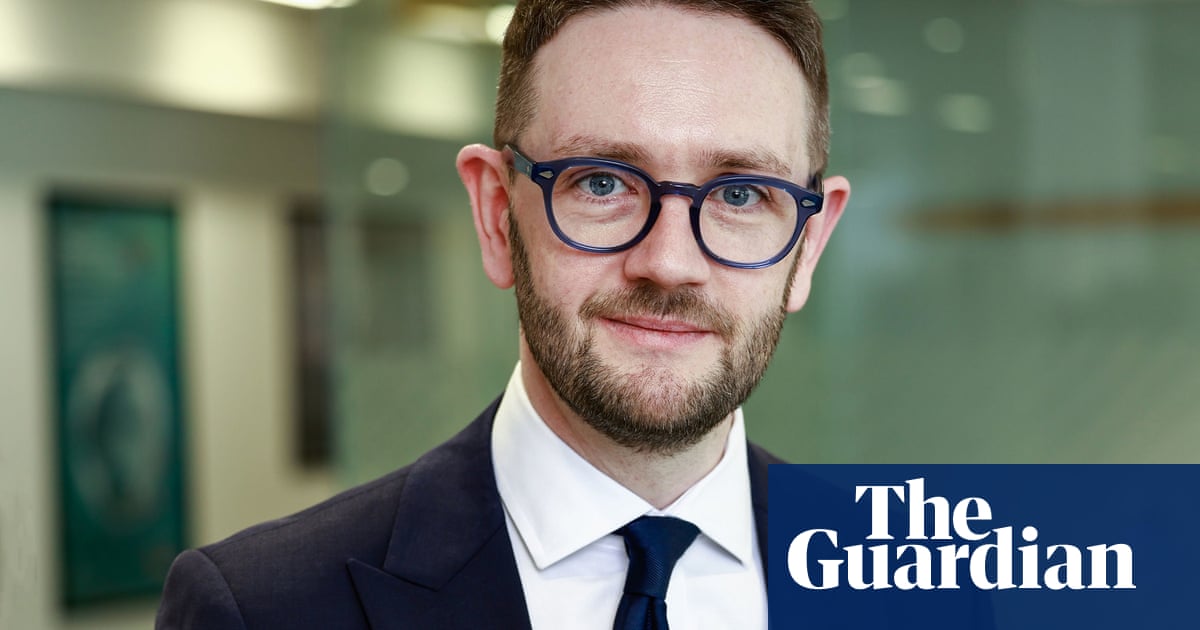Labour has appointed one of the country’s foremost climate experts to lead a “mission control centre” on clean energy.
Chris Stark, the former head of the UK’s climate watchdog, will head a Covid vaccine-style taskforce aimed at delivering clean and cheaper power by 2030.
The Department for Energy Security and Net Zero said the centre would work with energy companies and regulators and would be the first of its kind in Whitehall, following Keir Starmer’s plan for mission-driven government.
According to this model, ministers will focus on tackling five of the biggest challenges facing the country, one of which is clean energy.
Stark said: “Tackling the climate crisis and accelerating the transition to clean power is the country’s biggest challenge, and its greatest opportunity. By taking action now, we can put the UK at the forefront of the global race to net zero.”
Ed Miliband, the energy secretary, said: “Years of underinvestment has left our country suffering energy insecurity, with working people paying the price through their energy bills and a cost-of-living crisis. That cannot happen again.
“This new mission control centre, benefiting from the expertise and experience of Chris Stark’s leadership and bringing together the brightest and best in the national interest, will have a laser-like focus on delivering our mission of clean power by 2030.”
Stark was head of the UK’s Climate Change Committee (CCC) for six years until January. He was director of energy and climate change in the Scottish government between 2016 and 2018.
During his tenure the CCC recommended a UK net zero target for greenhouse gas emissions by 2050, which is now in law.
Stark won praise for his management of the CCC at a difficult point, when the government was briefing against many of the statutory watchdogs. Some on the right of the Conservative party would have liked to dismantle the 2008 Climate Change Act, under which the committee was set up with the mandate to advise on meeting the five-yearly carbon budgets.
Throughout his six years as chief, he maintained his steady insistence on telling the government truths it did not want to hear – on how far off-track the UK was straying from its climate goals, and how much more it would cost to delay action than to take it now.
Stark clashed with Conservative ministers at the time of his departure from the CCC earlier this year. He warned that the concept of “net zero” had turned into a political slogan used to start a “dangerous” culture war over the climate.
He said sensible improvements to the economy and people’s lives were being blocked as a result and that he would be “intensely relaxed” about losing the term.
Shaun Spiers, executive director of the Green Alliance thinktank, said the appointment would help Labour attract much-needed international investment for its plans. “This shows the government is ambitious and serious about delivering on its clean energy promises, and is really reassuring,” he said. “It’s been a very good few days [since the election] in action from Labour showing they want to get things done quickly.”
Reforms to the UK’s planning system have been a focus so far, including the lifting of an effective ban on onshore wind turbines in England, but Spiers said the government would have to look across a much wider range of issues to be successful in decarbonising electricity by 2030. “Planning is important, but it’s not the whole problem – grid connectivity is key, and there’s a need to build supply chains [for green equipment], building up skills, looking at the cost of borrowing, and attracting international investment. The appointment of Chris Stark will help with all of that.”

